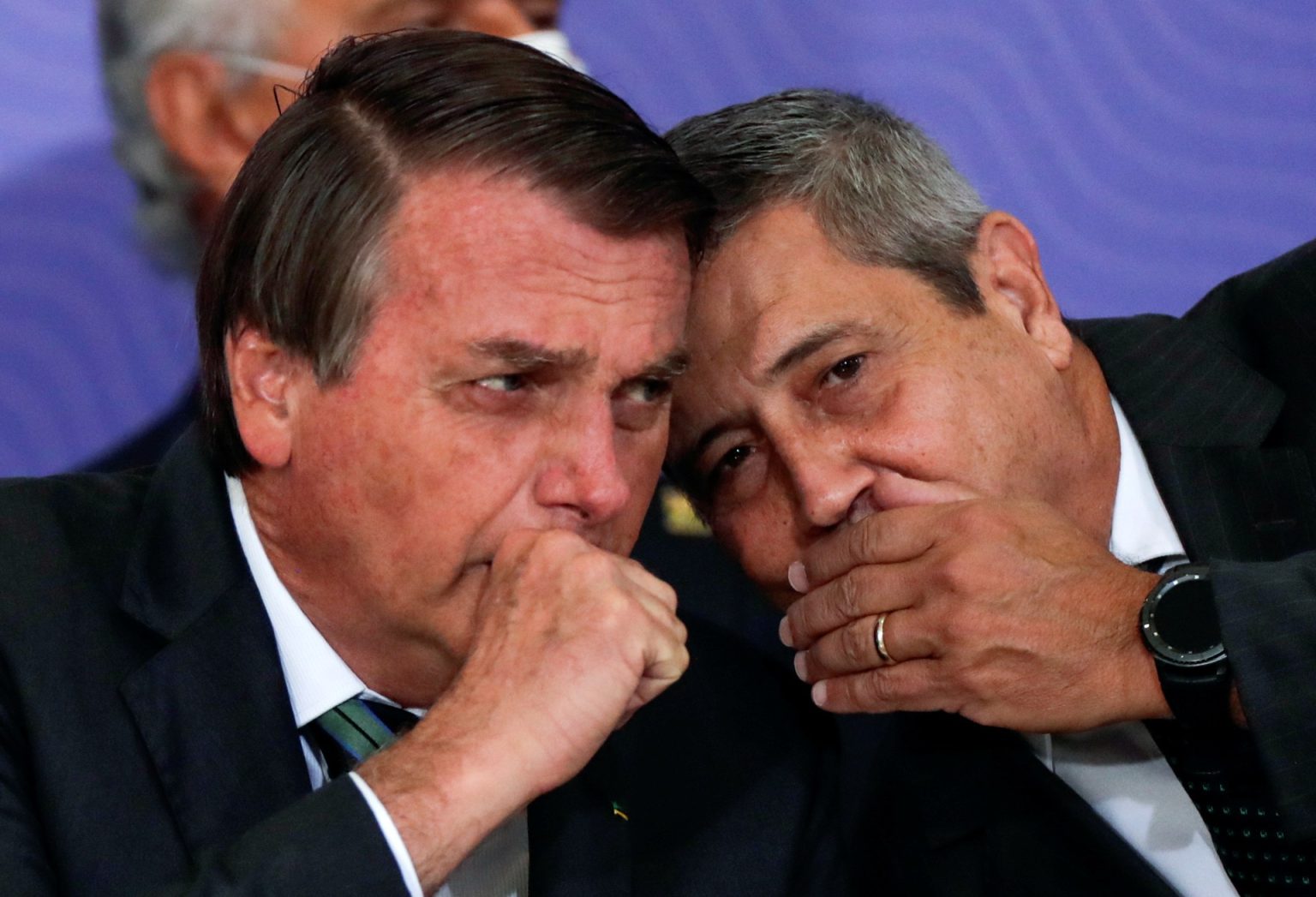The arrest of retired General Walter Braga Netto, a prominent figure in former President Jair Bolsonaro’s administration, has ignited a political firestorm in Brazil. Braga Netto, who served as both Bolsonaro’s chief of staff and defense minister, finds himself embroiled in a deepening investigation into an alleged plot to subvert the 2022 presidential election results and maintain Bolsonaro’s grip on power. This arrest marks a significant escalation in the ongoing probe, placing a key ally of the former president directly in the crosshairs of legal scrutiny. The accusations against Braga Netto, while yet to be formally charged, paint a picture of high-level involvement in a complex conspiracy aimed at undermining Brazilian democracy.
The investigation, spearheaded by Supreme Court Justice Alexandre de Moraes, alleges that Braga Netto played a more substantial role in the purported coup attempt than initially suspected. This revelation prompted Justice Moraes to order Braga Netto’s arrest, citing allegations of obstructing the collection of evidence. The Federal Police further asserted that Braga Netto sought to interfere with the investigation by attempting to access the details of testimonies given by Mauro Cid, a close aide to Bolsonaro who is currently cooperating with authorities. This alleged interference adds another layer of complexity to the case, raising questions about the extent of efforts to conceal the details of the alleged plot.
The unfolding scandal centers around a multi-pronged scheme, meticulously outlined in an 884-page report by the Federal Police, to overturn the legitimate victory of Luiz Inacio Lula da Silva, Bolsonaro’s left-wing rival, in the 2022 presidential election. The report details a strategy involving the systematic dissemination of misinformation to erode public trust in the electoral process, the drafting of a decree to provide a semblance of legality to the power grab, and pressure on high-ranking military officials to endorse the plan. The alleged conspiracy culminated in the incitement of a riot in the capital city of Brasilia, mirroring the January 6th attack on the US Capitol.
The gravity of the allegations is further amplified by the alleged involvement of Braga Netto in an assassination plot targeting Lula, Vice President-elect Geraldo Alckmin, and Justice Moraes himself. Investigators claim Braga Netto sanctioned the assassination plan during a meeting with conspirators at his residence. Furthermore, the Federal Police accuse Braga Netto of providing financial support to those implicated in the plot, suggesting a deeper level of commitment and involvement than previously understood. These accusations, if proven, would represent a severe breach of trust and a direct assault on the democratic principles of Brazil.
The arrest of Braga Netto and the subsequent search warrants executed at his residence in Rio de Janeiro and the home of retired Colonel Flavio Botelho Peregrino, another figure implicated in the investigation, signal the intensifying focus on uncovering the full extent of the alleged plot. While Braga Netto and his legal team have vehemently denied any involvement in the alleged conspiracy, the weight of evidence amassed by investigators appears to suggest a more substantial role than previously acknowledged. The ongoing investigation promises to further unravel the intricate web of individuals and actions allegedly involved in the attempt to subvert the democratic process in Brazil.
The ramifications of this investigation extend far beyond the individuals involved, impacting the very foundations of Brazilian democracy. The alleged plot, with its purported aim of overturning a legitimate election and silencing dissenting voices, represents a grave threat to the country’s democratic institutions. The outcome of this investigation will not only determine the legal fate of Braga Netto and his alleged co-conspirators but also shape the future of Brazilian politics and the nation’s commitment to upholding democratic principles. The world watches as Brazil grapples with this critical juncture in its history, a moment that will test the resilience of its democratic institutions and its ability to hold those who seek to undermine them accountable.

